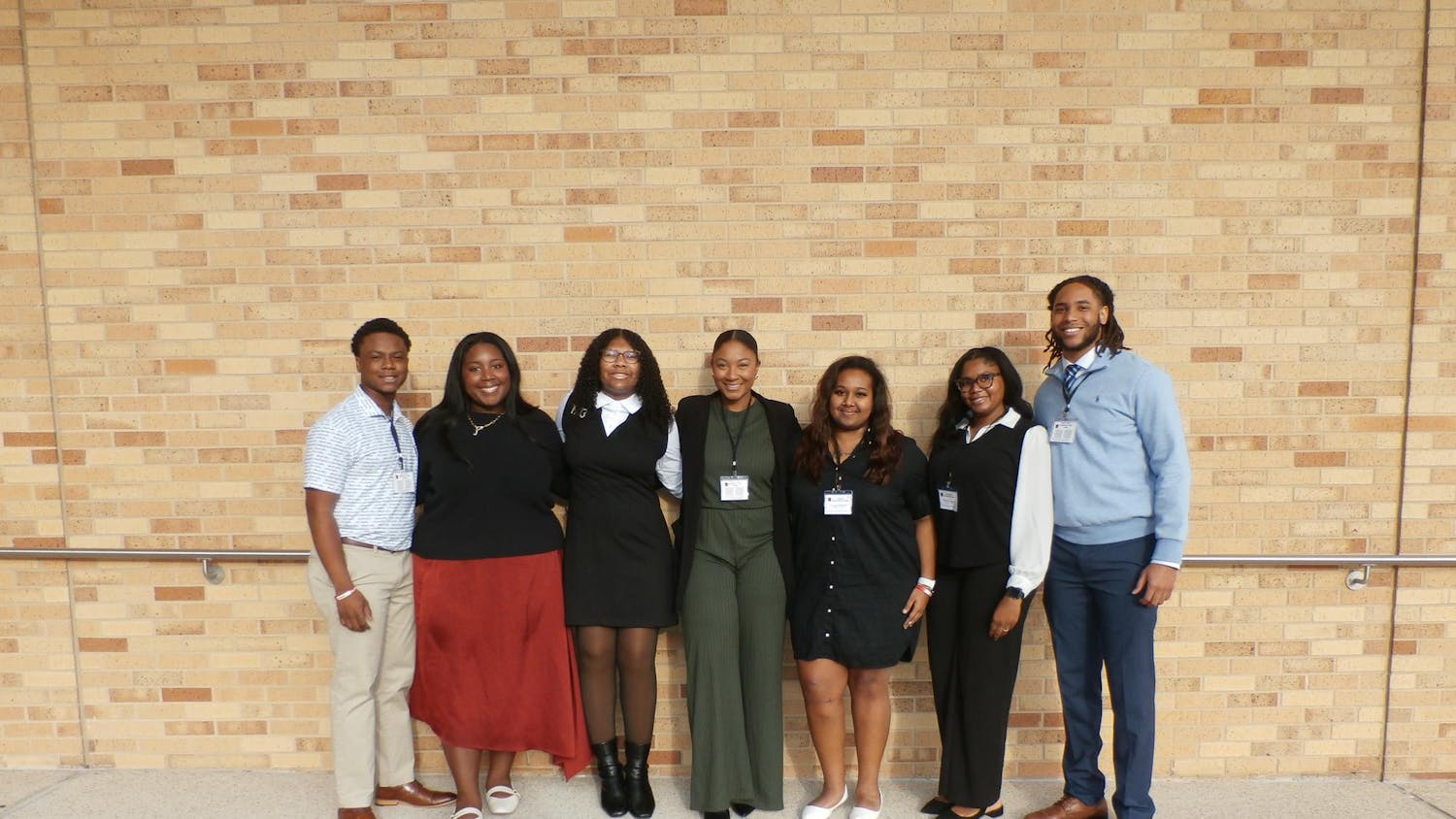The GuideSafe testing program, developed by the University of Alabama at Birmingham, will be entering its second phase, known as "sentinel testing" after reentry testing concludes statewide.
Through sentinel testing, GuideSafe will cooperate with higher education institutions weekly to select a random population of students, faculty and staff to test for COVID-19 at on-campus testing sites, according to Bob Phillips, director of the GuideSafe program.
Phillips announced the move in a press conference on Thursday afternoon.
"The GuideSafe testing process is multiple phases, and the first phase was the entry testing," said Bob Phillips, executive director of the GuideSafe program. "That program was designed around offering access to testing for all students in the state coming back to institutions of higher learning."
Unlike reentry testing, where students were directed to one of 14 sites around the state to receive their test, more testing sites will be available at about 50 Alabama campuses.
"We'll randomly select a group of individuals for testing, but as opposed to routing individuals to a centralized location, ... we are looking at campus-specific sites," Phillips said. "That creates a little more complexity but also will be more convenient for those students, faculty and staff to incorporate sentinel testing into their weekly routine."
Individuals will be chosen with the use of a randomized algorithm by Verily, the service GuideSafe uses for testing registration, that can be modified to target one group of people on a campus if specific data is needed.
"We might want to make sure that we're sampling a representative group of folks who live in dorms, or we might want to make sure we want to sample folks who are in Greek organizations, or [those] who participate in a dining hall plan," Phillips said. "There's different groups that logically interact with one another in different ways, so we're able to set parameters within that algorithm ... that creates a robust sample for the campus as a whole."
Selected individuals will receive an invitation to be tested, from which they may set up a time that fits their schedule. Both those tested and their campus will be able to see the results, though colleges will be more limited in what data they receive, according to Phillips.
"[The school] will be able to see a snapshot for every week of what's happening on campus, ... increases, decreases [or] stabilization in terms of rates of COVID-19," he said. "We really need a high level of participation; when those individuals get invited to participate we need them to test. The best way to have a robust sample is to have a high level of participation."
Pilot testing is being introduced on several campuses that have wrapped up reentry testing, and GuideSafe hopes to have sentinel testing more widely available by Labor Day weekend, Phillips said.
Dr. Michael Saag, director of UAB's Division of Infectious Diseases, said the start of sentinel testing will allow for campus populations to have more regular insight on what case numbers look like at their institution going into the fall.
"Based on what we're seeing on campuses around the country, it's reminding us of how very infectious this virus is, and we're really never 100% safe," Saag said. "It's going to require us to have vigilance every single day in terms of keeping this virus at bay. If we give it a chance to have an opportunity to infect, it's going to take advantage of that."
Though Auburn faculty have requested more frequent data on case numbers, Phillips does not expect sentinel testing to be capable of producing daily reports because of how many individuals are scheduled at each campus.
"The testing cadence is really on a weekly basis," he said. "Some of the larger schools may test over a two or three-day period, some of the smaller schools may be able to done on an individual day, but we know that we'll be generating weekly data to the institutions."
Sentinel testing is planned to be used throughout the whole fall semester for Alabama campuses, Phillips said, but GuideSafe is prepared to continue the testing phase into the spring if necessary.
Phillips said approximately 75,000 students have been tested across Alabama during the initial reentry testing phase, with .75% of those students testing positive for COVID-19.
Do you like this story? The Plainsman doesn't accept money from tuition or student fees, and we don't charge a subscription fee. But you can donate to support The Plainsman.

Tim Nail, junior in journalism, is the campus editor for The Auburn Plainsman.





